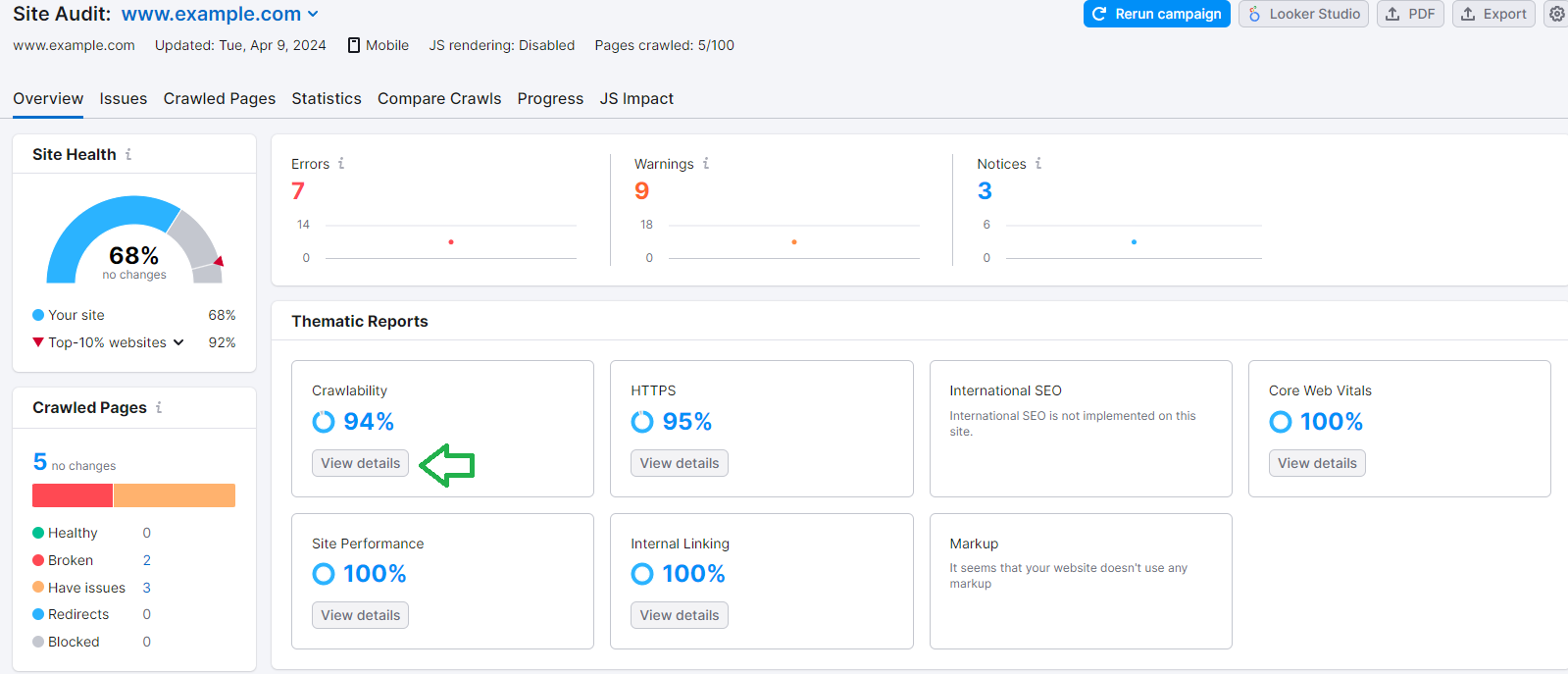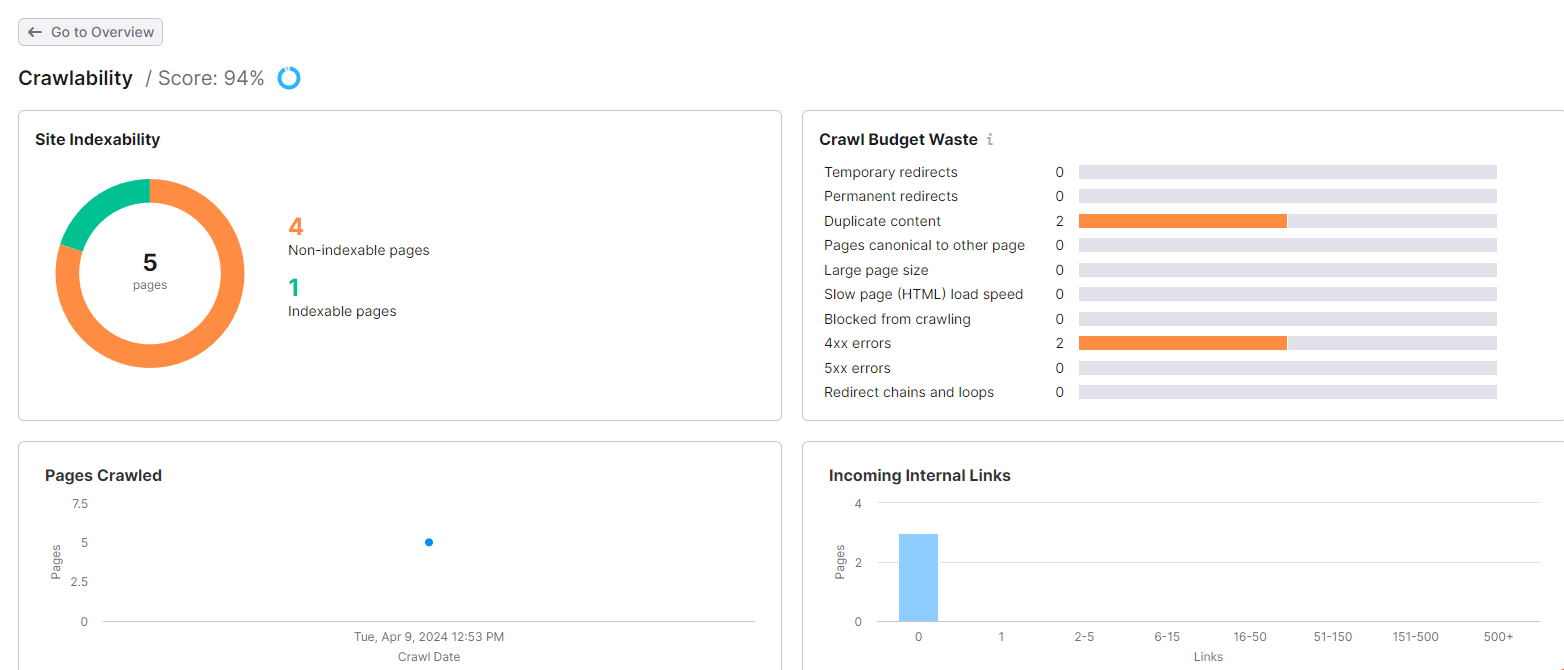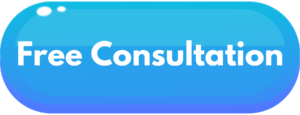What is Crawlability and Indexability?
Crawlability refers to the ability of search engine crawlers, like spiders following links across the web, to access, navigate, and correctly identify every part of a website. It is crucial for good organic search rankings because if crawlers cannot find a site’s pages, those pages will never be ranked.
Indexability, on the other hand, determines whether search engines are allowed to show a website’s crawled pages in their search results. Together, proper crawlability and indexability ensure that a website’s content can be effectively discovered, crawled, indexed, and presented to potential visitors through search engines.
What distinguishes indexability from crawlability? A search engine’s ability to reach an internet web page and retrieve its content is referred to as crawlability. A seek engine’s capacity to assess the material it crawls and incorporate into its index is called indexability. Though now not indexable, a web page may additionally nevertheless be crawlable.
How to know if your site is indexed?
1. Check using Google Search Console:
Google affords an unfastened device referred to as Search Console that allows internet site proprietors to reveal their website online’s overall performance in Google Search effects. After adding your internet site, use the “URL inspection” function. Enter the URL of any web page for your web page, and it’s going to show you whether that unique page is currently listed by Google or no longer.
2. Use Google’s “site:” seek operator:
You can quickly check if a webpage is indexed on Google by using the “site:” search operator. Simply type “site:” followed by the full URL of the page you want to check. For example: “site:www.example.com/blog/post-title”. If the page appears in the search results, it means Google has indexed it.

3. Use online indexing checker tools:
There are numerous third-birthday party websites that offer equipment to test if a URL is indexed with the aid of search engines like google and yahoo like Google. Some popular options are Semrush and SE Ranking. In Semrush, you can create a new project and set up site audit. Once done, search for “Crawlability” and click “View Details”.


You can also use other free indexability checker tools.
Just enter the URL you need to observe, and the tool will analyze and report if that page is currently listed or not.
Ways to optimise Crawlability and Indexability:
1. Improve your internet site’s sitemap: A sitemap is like a road map that shows the employer and links between all the pages in your website online. If your sitemap is disorganised or has no clean hierarchy of pages, it can be hard for SERPs to understand the structure and importance of various sections. Creating a nicely-prepared sitemap with logical page categories and subcategories makes it less complicated for crawlers to navigate your site.
2. Use inner linking strategically: Internal links are the hyperlinks between one-of-a-kind pages on your very own website. Using those links well creates paths for crawlers to discover extra content. Linking related pages together and keeping off orphan pages (pages with no links pointing to them) improves crawlability.
3. Choose a reliable website hosting provider: A right hosting issuer ensures your website hundreds fast and is constantly to be had online. Slow page speeds, or common downtime can avoid crawlers from accessing your content material correctly.
4. Optimise your page tags: Page titles, meta descriptions, header tags all provide helpful context about the content of a page. Keeping those tags correct, unique and key-word-optimised helps engines like google better apprehend and index your pages.
5. Update coding and scripts: Out-of-date coding practices or pointless scripts can sometimes block crawlers from certain components of your website online. Regularly updating to trendy coding requirements and eliminating bloated scripts improves accessibility.
How do you get site pages crawled and indexed?
- Submit a sitemap: A sitemap is a report that lists all the crucial pages on your website. Submitting this to engines like Google makes it a great deal less complicated for their crawlers to find out and index your content material. Sitemaps act like a road map, making sure, no pages get ignored at some point of crawling.
- Promote your web page: Search engines find out new websites and pages, often by following links. If no other websites link to yours, it is harder for crawlers to find your content material to start with. Promote your website thru social media, directories, visitor posting, and constructing satisfactory one-way links from other applicable sites.
- Provide complete inner linking: Clear navigation menus and considerable inner linking allows seek crawlers to effortlessly hop from web page to your website. Link related content, collectively using descriptive anchor text. Avoid orphan pages without an internal links pointing to them.
- Submit an indexing request: In Google Search Console, you can publish a request for Google to crawl and index specific pages or your whole website. This can be beneficial after main website changes or in case you want to force recrawling of already indexed content material.
- Crawling URL parameters: Some websites use URL parameters (instance. Com/web page? Identification=123) in preference to simple URL paths. This can make it more difficult for crawlers to recognise and index specific pages versus duplicate content material. Use URL parameter handling in Search Console to specify how those should be crawled.
Importance of having your website crawled and listed:
Increased Visibility:
When your website is well crawled and indexed via Google, it becomes seen and discoverable via Google’s search engine. This lets in your pages to appear in relevant search outcomes, putting your content material in front of a good deal of potential traffic who might not have observed your web page otherwise. The more comprehensive Google’s index of your website online is, the more opportunity you need to get publicity.
Organic Traffic:
Unlike paid advertising and marketing channels, having your web page listed by using Google lets in you to attract loose, natural web visitors. When users search for phrases related to your products, offerings or content, there may be a threat your pages can display up inside the unpaid search consequences. This natural seek visitors tends to be extraordinarily targeted and relevant.
Improved SEO:
Search engine optimisation (search engine optimisation) is the practice of optimising your website to rank higher in search engines for keywords and subjects applicable for your business. Having Google efficiently index your site lays the muse for search engine marketing. Once listed, you could analyze search data, perceive possibilities, and refine your content/shape to improve scores.
Don’t Block Google:
Accidentally blocking off Google’s crawlers via wrong robots. TXT files, meta tags, or other technical troubles can save you your site from being listed at all. Periodically check which you are not accidentally setting boundaries in the area that prevent Google from getting access to your pages.
Fix Indexing Errors:
Using gear like Google Search Console can surface any errors or troubles Google encounters whilst trying to crawl and render your pages. Addressing those indexing mistakes in a well-timed way guarantees Google can successfully index your complete website.
Check Rendered Content:
Beyond just being listed, you’ll need to confirm that Google can nicely get admission to and render your content the way you propose – from text to pics, motion pictures, and different media. The “Inspect URL” tool shows how Google perspectives each web page.
Conclusion
Ensuring your website can be completely crawled and listed is a crucial first step for natural search visibility and performance. When seek engine crawlers can effortlessly discover, render, and upload all your website’s pages to their indexes, it opens up tremendous possibilities. Your content will become visible in search results, using focused organic visitors to your website online, while not having to pay for commercials. It allows you to enforce search engine optimisation great practices to improve ratings for relevant key phrases. And it lets for you to screen and examine how your pages are acting to take corrective moves if wished. While technical factors like web page shape, internal linking, and adhering to internet requirements are vital for crawlability and indexability, the remaining advantage is increasing your online discoverability and connecting with your favoured target audience thru seek. A properly-listed web page lays the groundwork for seek engine success.
You may also like:
The Psychology of Search: Understanding User Intent for Enhanced SEO
SEO Black Hat vs. White Hat Techniques
Want to get your website crawled and indexed? Learn how – contact us today!
The post ( Crawlability and indexability in SEO) appeared first on Visual Marketing Australia.
Source: Source link

